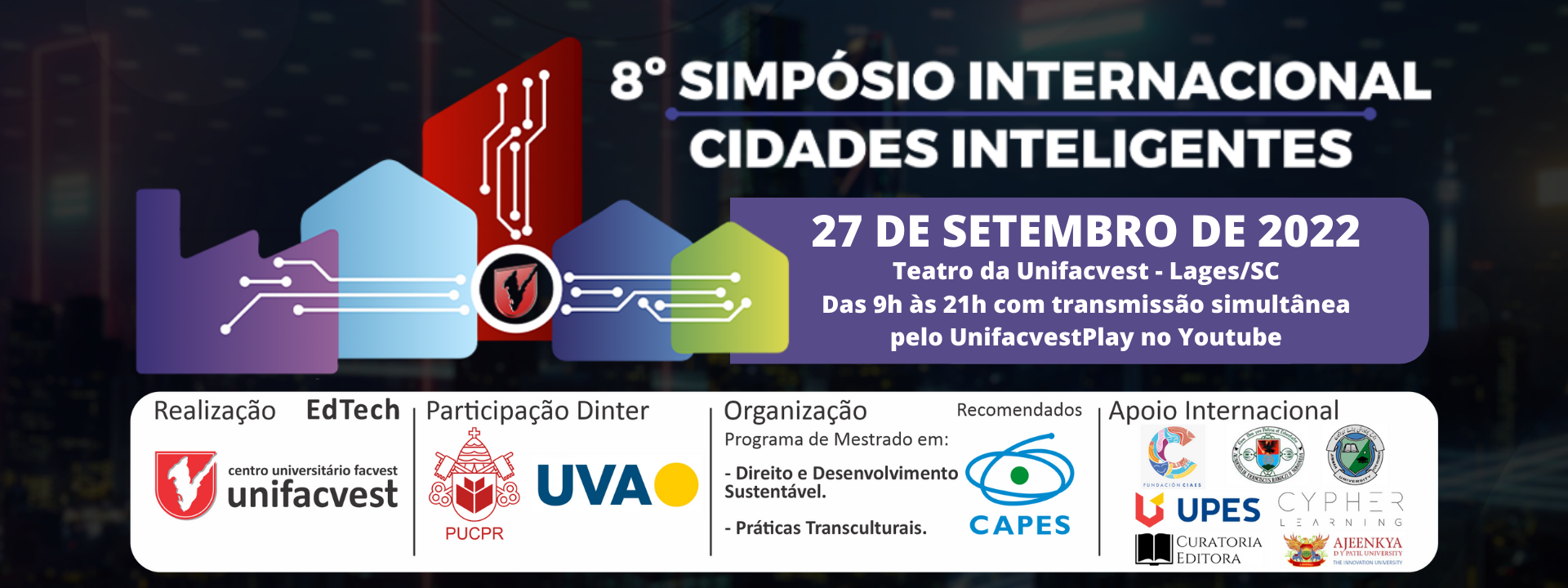|
|
|
A INCLUSÃO SOCIAL DO SÉCULO XXI
|
|
WOLF, Thainá, Graduanda em Educação Especial, Acadêmica de Educação Especial GEVAERD, Mercedes Maria, Mestre em Educação e Cultura - UDESC, Especialista em Artes e Educação pela Universidade de Passo Fundo - UPF. Especialista em Tutoria em Educação a Distância UNIFACVEST, professora e tutora - UNIFACVEST , , , , , , |
|
RESUMO |
|
Partindo do pressuposto de que a educação de qualidade está na base de uma sociedade bem estruturada e se torne possível a inclusão sem distinção. Todo indivíduo possui contextos sociais, econômicos, culturais, emocionais, transtornos e especificidades que os tornam únicos. Dentro da perspectiva da Educação Especial Inclusiva tem como propósito, entender os processos de segregação, integração e inclusão de alunos com deficiências na comunidade escolar, os desafios encontrados e as estratégias aplicadas na prática. A instituição de ensino precisa estar preparada para receber este aluno, com um ambiente que supra as necessidades básicas do estudante. A escola deve ser um espaço, no qual se atenda a todas as diversidades, uma vez que as pessoas são diferentes entre si e cada uma apresenta sua individualidade e singularidade, ao longo da vida escolar, essas diferenças serão evidenciadas, uma vez que uma sobressair sobre a outra em determinada área, e assim sucessivamente. Por isso, todas as diferenças devem ser respeitadas, e devem ser levadas em consideração no processo ensino-aprendizagem, bem como no contexto de convívio social. O processo de adaptação para receber alunos com especificidades diferentes dos demais pode ser um pouco trabalhosa num primeiro momento, mas basta avaliar e repensar determinados aspectos profissionais para buscar oferecer um serviço de atendimento de qualidade, dentro da necessidade específica de cada aluno, de forma continuada, construindo-se assim um ambiente que favoreça, acolha e desenvolva plenamente a todos que estão nele integrados. A comunidade escolar é fundamental neste processo tendo o dever de reivindicar os direitos educacionais buscando junto ao poder público que as leis inclusivas sejam cumpridas e que todos tenham acesso à educação. |
| Palavras Chave: Cultura. Inclusão. Diversidade. Educação. |
|
THE SOCIAL INCLUSION OF THE 21ST CENTURY
|
|
WOLF, Thainá, Graduate in Special Education, Special Education Academic GEVAERD, Mercedes Maria, Master in Education and Culture - UDESC, Specialist in Arts and Education from the University of Passo Fundo - UPF. Distance Education Tutoring Specialist UNIFACVEST, teacher and tutor - UNIFACVEST , , , , , , |
|
ABSTRACT |
|
Assuming that quality education is the basis of a well-structured society and that inclusion becomes possible without distinction. Every individual has social, economic, cultural, emotional contexts, disorders and specificities that make them unique. Within the perspective of Inclusive Special Education, its purpose is to understand the processes of segregation, integration and inclusion of students with disabilities in the school community, the challenges encountered and the strategies applied in practice. The educational institution needs to be prepared to receive this student, with an environment that meets the basic needs of the student. The school must be a space, in which all diversities are met, since people are different from each other and each one presents their individuality and singularity, throughout school life, these differences will be evidenced, since one stands out over the other in a given area, and so on. Therefore, all differences must be respected, and must be taken into account in the teaching-learning process, as well as in the context of social interaction. The adaptation process to receive students with different specificities from the others can be a little laborious at first, but it is enough to evaluate and rethink certain professional aspects to seek to offer a quality service, within the specific needs of each student, on an ongoing basis. , thus building an environment that favors, welcomes and fully develops all who are integrated into it. The school community is fundamental in this process, having the duty to claim educational rights, seeking with the government that inclusive laws are complied with and that everyone has access to education. |
| Key Words: Culture. Inclusion. Diversity. Education. |
|
|
|
Resumo ID 2518, enviado por: Thainá Wolf, Da instituição: Centro Universitário Unifacvest. |
